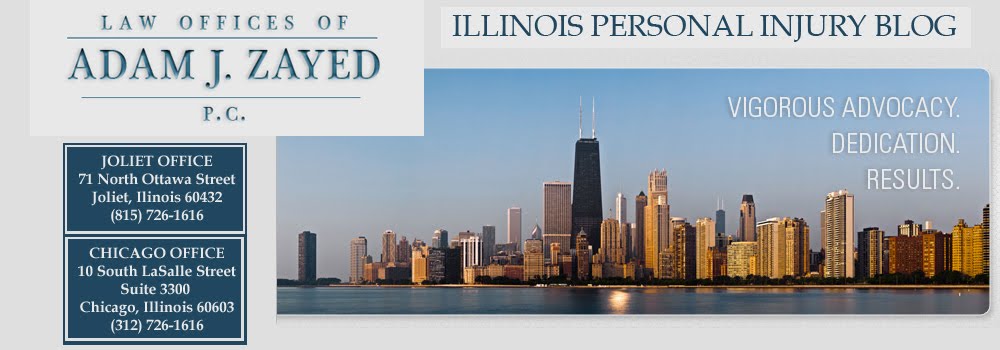According to Illinois evidence law, the burden of proof has two meanings that apply to civil trials.
(1) "Burden of proof" applies to the duty to produce evidence that shows there is a prima facie case. For our purposes, "prima facie" can be understood as "on first sight." In other words, there is a good faith duth to produce evidence that, taken as true, supports the claim.
(2) Burden of proof is also the term used to quantify whether enough evidence has been shown to establish the truth of a statement, issue or claim.
In order to meet the burden of proof, the plaintiff must show that its claims are more likely true than not.
As far as the these issues apply to the prosecution of personal injury cases for damages, it is the personal injury attorneys job to show that there is enough evidence to make a good faith claim for damages and to avoid a directed verdit. Then the attorney must introduce enough evidence to meet its burden on each claim. In a negligence case that means the attorney must introduce evidence to support each element of the claim:
(1) duty owed to plaintiff by defendant;
(2)beach of that duty;
(3) breach of duty caused injury; and
(4) plaintiff incurred damages because of breach in duty.
If you believe that you have been injured do to the negligence of someone else, contact a Chicago attorney at The Law Offices of Adam J. Zayed, P.C. in order to see if the facts of your case will allow your claim to withstand a directed verdict.

No comments:
Post a Comment